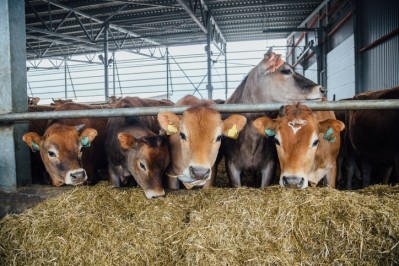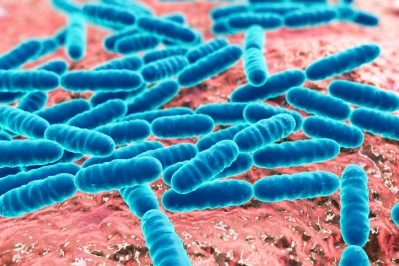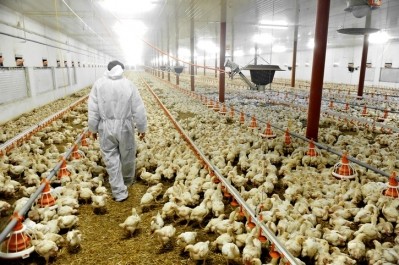Reports from IPPE 2016
Cargill making gut decisions when it comes to poultry
Twan Van Gerwe, poultry R&D director, and Stephanie Ladirat, global technology lead for gut health additives at Cargill, told us why selected essential oil compounds, particularly those derived from thyme, cinnamon and oregano, “were important for supporting gut health” in poultry production.
Essential oils, they found, have numerous benefits in birds including antimicrobial activity, modulation of immune response, antioxidant activity, improvement of nutrient digestibility, and stimulation of mucus production.
“If you look at the gut functions – the microbiota composition, the immune system, nutrient absorption and the physical barrier – and if you look at the mode of action of essential oils they actually act on each of these functions so they offer various modes of action and can also target multiple facets of the gut,” said Ladirat.
A total of 77 in vitro and in vivo trials have been conducted at CAN’s innovation centers in Velddriel, the Netherlands and at Elk River in Minnesota as well as at regional facilities in Jordan, France, Poland, India and the US on additives including essential oils, probiotics, yeast derivatives and medium chain fatty acids (MCFAs).
CAN’s research also showed, they said, essential oils are just one facet of a feeding program that promotes ideal gut health and allows antibiotic reduction. Their findings support combining essential oils with organic acids to get maximum efficacy.
“Essential oils together with organic acids are a very strong combination to enable better microbial activity and performance on nutrient digestibility [in the bird],” added Ladirat.
Immune development
Van Gerwe said that one of CAN’s long term projects is to fully understand how antibiotic growth promoters (AGPs) help to maintain gut health and to learn from that.
The team also wants to further study the impact of nutrition – additives or ingredients - on early immune development in the chick, and also the relationship of that immune development with microbiome composition. “Immune development is very important for later gut health,” said Van Gerwe.
“Gut health additives are one aspect. Our clients like to have choices, different options in terms of additives particularly when they are migrating away from antibiotics. We want to guide them; we want to be a trusted advisor for them.
When we actually work with them on changing how they operate, we don’t limit ourselves to a discussion around feed additives. We look at production holistically – we need to look at the bigger nutrition picture and the overall management at their farm. We aim to develop a diet that is less challenging, more appropriate for the animal, which is our core expertise.
Management on farms differs greatly and different approaches can have a huge impact on animal’s health, so we try to improve that aspect as well in supporting them in making a change from one system of production to another that is less reliant on AGPs,” he said.















